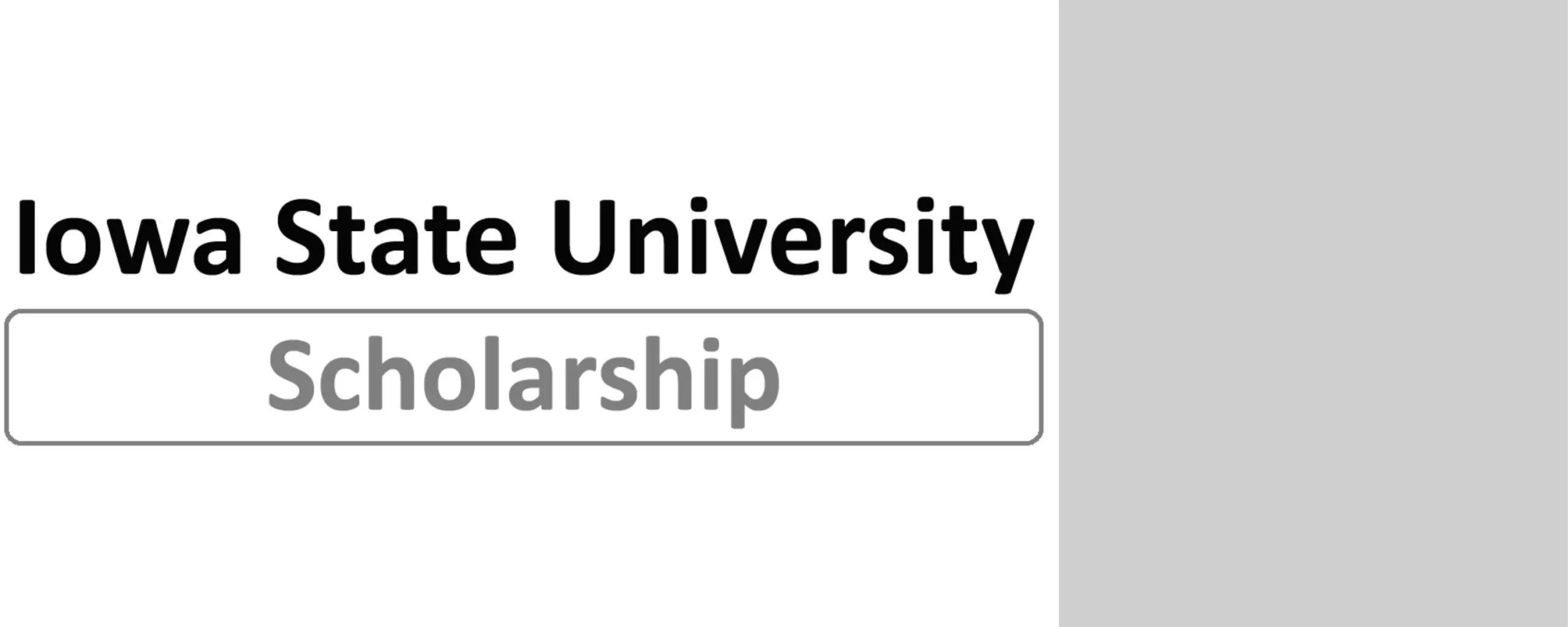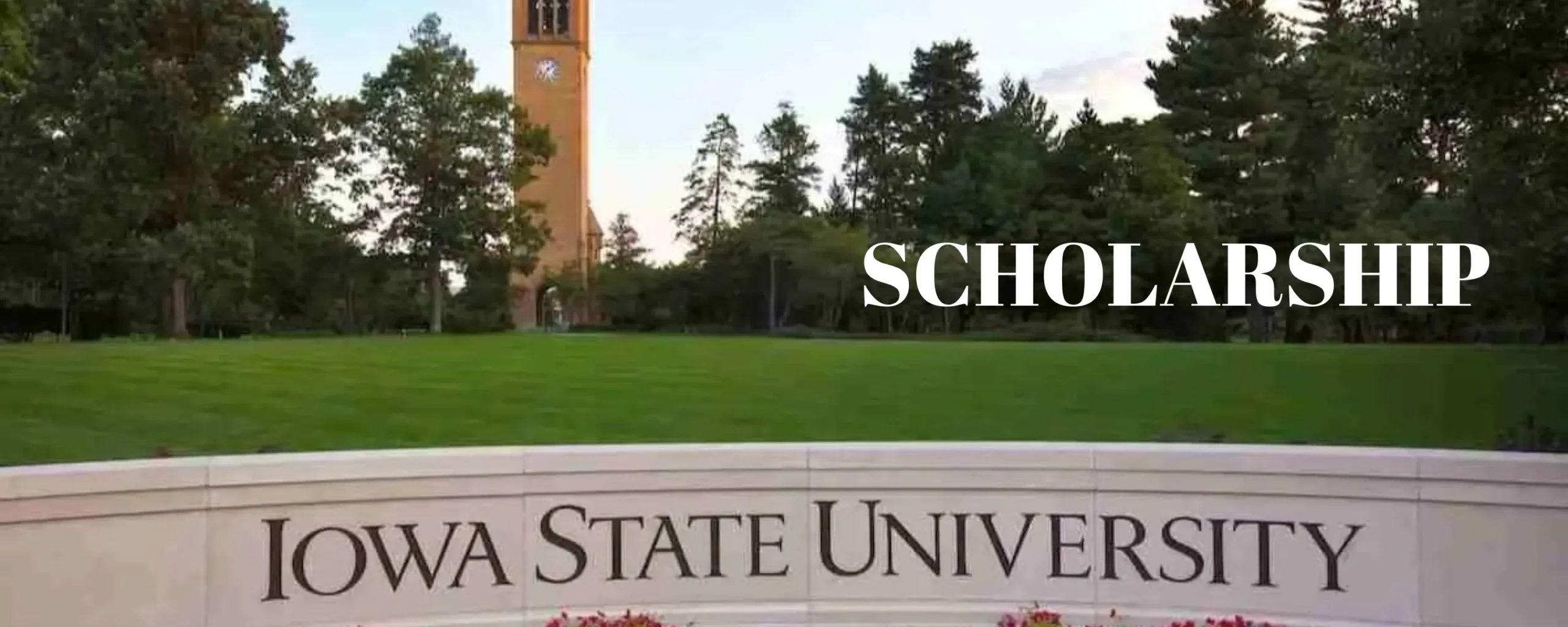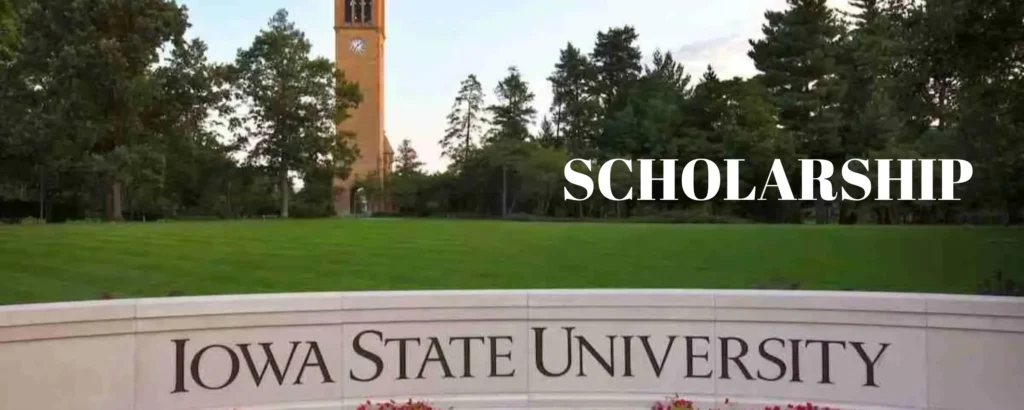All Iowa Opportunity Scholarship. The All Iowa Opportunity Scholarship is a program designed to assist Iowa students with financial need in pursuing post-secondary education. It’s funded by the state of Iowa and administered by the Iowa College Student Aid Commission. The scholarship provides awards to eligible students attending eligible Iowa colleges and universities.
 Eligibility criteria typically include factors such as financial need, academic achievement, and Iowa residency. The scholarship aims to make higher education more accessible to Iowa residents and reduce the financial barriers they may face in pursuing their educational goals.
Eligibility criteria typically include factors such as financial need, academic achievement, and Iowa residency. The scholarship aims to make higher education more accessible to Iowa residents and reduce the financial barriers they may face in pursuing their educational goals.
REQUIREMENT
The specific requirements for the All Iowa Opportunity Scholarship may vary slightly from year to year, so it’s essential to check the most up-to-date information on the Iowa College Student Aid Commission website or directly with the administering institution. However, here are some general requirements that are typically associated with the scholarship:
Iowa Residency:
Applicants are usually required to be residents of Iowa. Proof of residency, such as a valid Iowa driver’s license or state ID, may be necessary.
Financial Need:
Applicants often need to demonstrate financial need, which is typically determined by completing the Free Application for Federal Student Aid (FAFSA) form. The FAFSA assesses the applicant’s and their family’s financial situation to determine their Expected Family Contribution (EFC).
Academic Achievement:
While academic achievement requirements may vary, applicants may be expected to maintain a certain GPA in high school or have achieved a certain score on standardized tests like the ACT or SAT.
Enrollment in Eligible Institution:
Applicants must typically plan to attend an eligible college or university in Iowa. These institutions may include public universities, private colleges, and community colleges within the state.

Program of Study:
Some scholarships may require applicants to enroll in specific programs of study or fields of interest, such as STEM (Science, Technology, Engineering, and Mathematics) disciplines or other priority areas identified by the scholarship program.
Application Process:
Applicants typically need to complete and submit the scholarship application by the specified deadline. This may include providing information about their academic achievements, extracurricular activities, and financial need.
Renewal Requirements:
If the scholarship is renewable, recipients may need to maintain a certain GPA, enroll in a minimum number of credit hours each semester, or fulfill other criteria to continue receiving the scholarship in subsequent years.
To apply for the All Iowa Opportunity Scholarship, you’ll typically need to follow these steps:
Review Eligibility Criteria:
Make sure you meet all the eligibility requirements outlined for the scholarship program. This may include being a resident of Iowa, demonstrating financial need, and planning to attend an eligible college or university in Iowa.
Complete the Free Application for Federal Student Aid (FAFSA):
Since financial need is usually a requirement for the scholarship, you’ll need to fill out the FAFSA form. This form assesses your financial situation and determines your Expected Family Contribution (EFC). The FAFSA can be completed online at fafsa.ed.gov.
Gather Necessary Documentation:
Depending on the scholarship application requirements, you may need to gather documents such as proof of residency, academic transcripts, standardized test scores, and other financial information.

Visit the Iowa College Student Aid Commission Website:
Go to the official website of the Iowa College Student Aid Commission or the specific page dedicated to the All Iowa Opportunity Scholarship. Here, you can find detailed information about the application process, deadlines, and any additional requirements.
Complete the Scholarship Application:
Fill out the scholarship application form thoroughly and accurately. Be sure to provide all requested information and double-check for any errors before submitting.
Submit the Application by the Deadline:
Pay close attention to the application deadline and submit your application before the specified date. Late applications may not be considered.
Follow Up if Necessary:
After submitting your application, monitor your email and any communication channels provided by the scholarship program for updates or requests for additional information. If needed, respond promptly to any inquiries.
Stay Informed:
Keep yourself informed about any updates or changes to the scholarship program, including renewal requirements if you are awarded the scholarship.
Professional Certification, 1-year Certificate, Associate Degree, Bachelor’s Degree
Professional certifications, 1-year certificates, associate degrees, and bachelor’s degrees are all valuable credentials that individuals can pursue to enhance their skills, advance their careers, or qualify for specific job roles. Here’s a brief overview of each:
Professional Certification:
Professional certifications are credentials awarded by professional organizations or industry associations to individuals who have demonstrated competence or proficiency in a particular skill set, technology, or industry standard. These certifications typically require passing an exam or meeting specific criteria set by the certifying body. Examples include CompTIA A+, Project Management Professional (PMP), Certified Public Accountant (CPA), and Cisco Certified Network Associate (CCNA).
1-Year Certificate:
A 1-year certificate program is a short-term educational program typically offered by community colleges, vocational schools, or technical institutes. These programs focus on providing specialized training and skills in a specific field or trade. They are designed to prepare students for entry-level positions in industries such as healthcare, information technology, automotive technology, and hospitality. Examples include certificates in medical assisting, computer programming, welding, and culinary arts.

Associate Degree:
An associate degree is a two-year undergraduate degree typically offered by community colleges or junior colleges. It is designed to provide students with a foundation in general education as well as specialized knowledge and skills in a particular field of study. Associate degrees can lead to entry-level positions in various industries or serve as a stepping stone to further education, such as a bachelor’s degree. Common types of associate degrees include Associate of Arts (AA), Associate of Science (AS), and Associate of Applied Science (AAS).
Bachelor’s Degree:
A bachelor’s degree is a four-year undergraduate degree awarded by colleges and universities. It is typically the minimum educational requirement for many professional careers and positions. Bachelor’s degree programs offer a comprehensive education in a specific field of study, along with general education requirements. They provide students with in-depth knowledge, critical thinking skills, and specialized training relevant to their chosen career path. Examples of bachelor’s degrees include Bachelor of Arts (BA), Bachelor of Science (BS), Bachelor of Business Administration (BBA), and Bachelor of Engineering (BEng).
Each of these credentials has its own benefits and advantages, and the choice between them depends on individual career goals, interests, and preferences. Some individuals may choose to pursue multiple credentials throughout their careers to stay competitive and adapt to changing industry demands.

